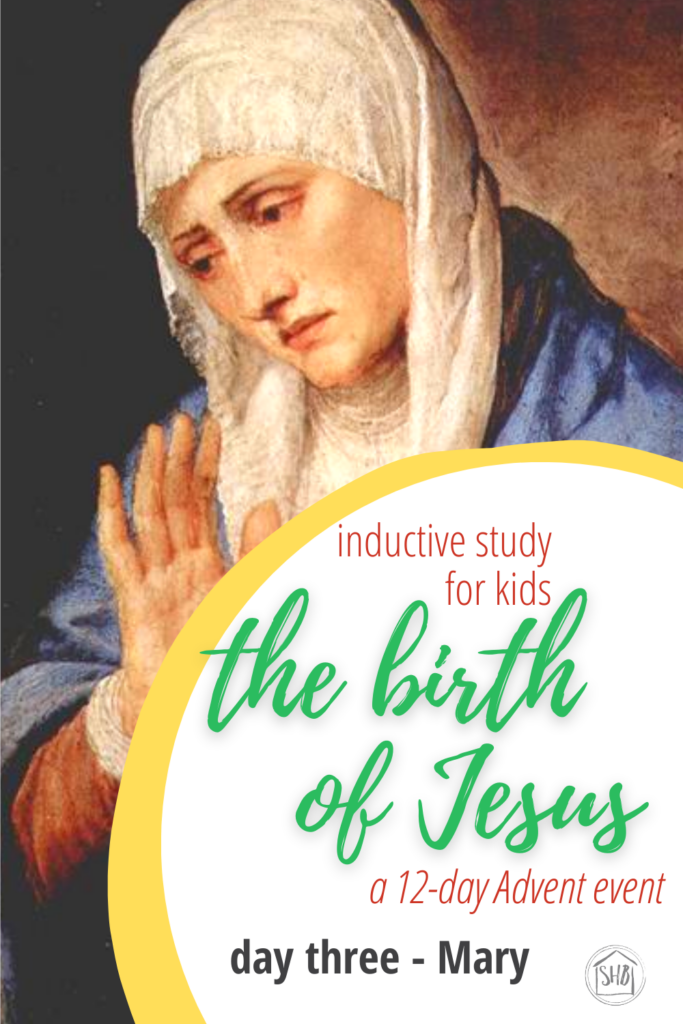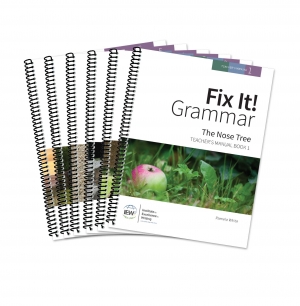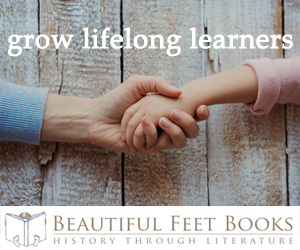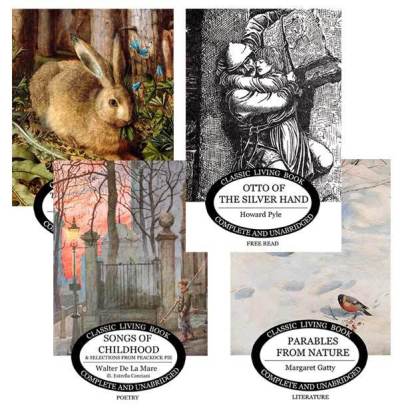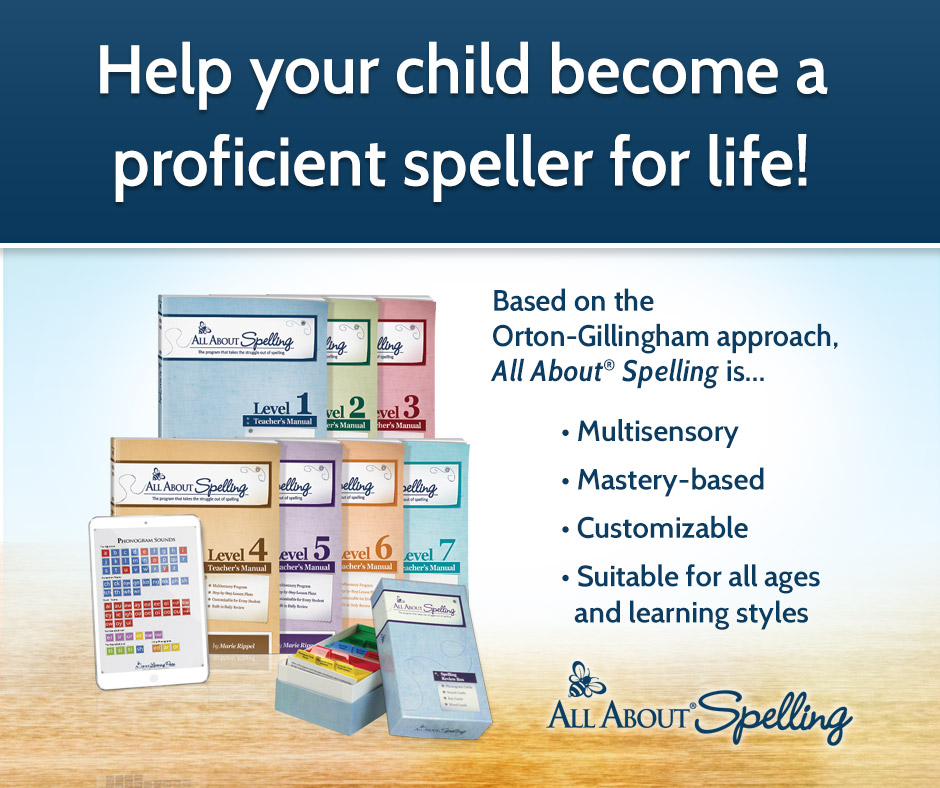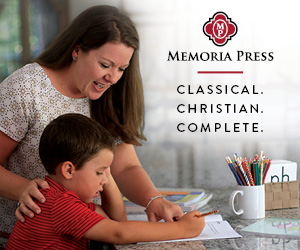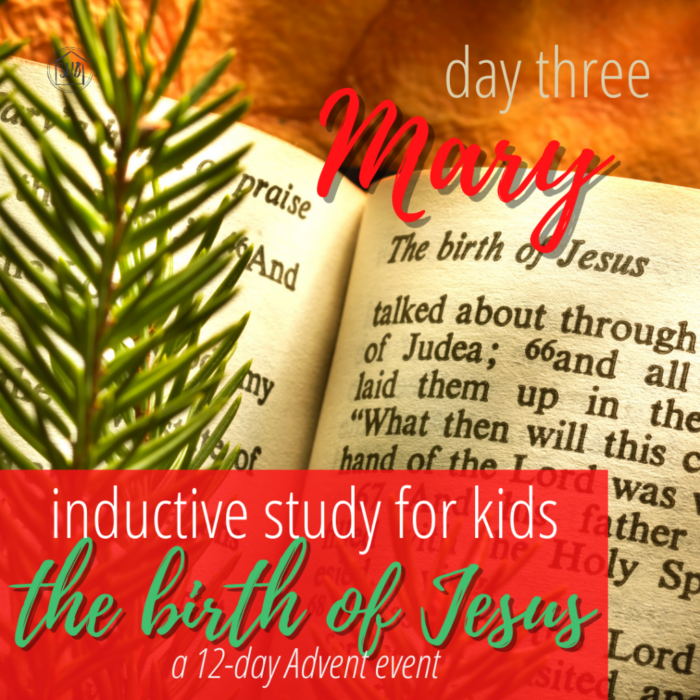
Most people don’t think of Mary, the mother of Jesus, as a slave. However, her story is not often told the same way the Bible tells it.
Did she suffer at the hands of a cruel master?
No. Quite the contrary.
She bound herself to her Master based on the favor He showed her. She considered His goodness to her and to her people – over a great many years – and chose to enslave herself to His good and perfect will.
This post may include affiliate links. If you click and make a purchase based on my recommendation, I get a small remuneration at no extra expense to you. I only recommend things I use and believe to be a blessing.
A few days ago we began our Inductive Study of the Story of the Birth of Jesus. And instead of starting with Jesus (or Creation), we started with the first character mentioned in Luke’s gospel – Zacharias. Then we learned about Elizabeth. Today, we will look at Mary, a relative of Elizabeth.
If you are looking for these posts, you can find them all in one location, here.
She was a young and humble servant of God.
Let’s dig in!
Mary – the Mother of Jesus
Mary was the cousin of Elizabeth who visited her after hearing some very important news. What do you learn about Mary from reading Luke 1: 26-37.
- lived in Nazareth (26)
- a virgin (27,34)
- engaged to Joseph (27)
- descendant of David (27)
- “favored one” (28)
- God is with her (28)
- found favor with God (30)
- asked, “How…? (34)
- calls herself a “bondslave of the Lord” (38)
Let’s think about Mary for a moment. Is there something special about her that would make God choose her? Has she done some great deeds to draw His attention to her?
What does favor mean?
What is a favor? If someone asks you to do a favor, what are they asking you to do? The word for favor is a little bit different here. Gabriel tells Mary she has “found favor with God.”
The word for favor here is the Greek word “charis.” Charis means grace (unmerited, unearned favor) which causes joy, pleasure, acceptance, gratitude.
So, instead of Gabriel coming to Mary and asking her to do God a favor; he says God has done her a favor. God has chosen her for a task which will bring joy, pleasure, acceptance, and gratitude. Did she do anything special to earn this favor? (No!) She is simply being informed of this favor from God.
Precious Promises to Mary
Just as Zacharias received promises from an angel – Gabriel; Mary, too, had an encounter with Gabriel which included promises.
Read the angel’s words to Mary in verses 28-37. Note the words “will” and “shall.” These words indicate something will happen in the future. They are promise words. Make a list of what “will” or “shall” occur and who “will” or “shall” act.
- Mary will conceive a child (31)
- Mary will bear a son (31)
- Mary shall name Him Jesus (31)
- Jesus will be great (32)
- Jesus will be called the Son of the Most High (32)
- the Lord God will give Jesus the throne of His father David (32)
- Jesus will reign over the house of Jacob forever (33)
- Jesus’ kingdom will have no end (33)
- the Holy Spirit will come upon Mary (35)
- the power of the Most High will overshadow Mary (35)
- Jesus shall be called the Son of God (35)
- nothing will be impossible with God (37)
There are a LOT of promises here! Take a moment to evaluate your list. Are these promises miraculous promises? (yes!) Would these things happen even if God did not promise them? (no) Is there anything here that Mary could cause to happen by her power? (no) Is there anything here that Mary could be obedient to? (no, she is just told these things will come about)
What is a Bondslave?
In the days of the Bible, slavery was common. Poor and conquered people were often enslaved. This meant they worked for someone else, had no property, and often had no way out of slavery.
But God had a plan for slaves. He created a year of Jubilee in which slaves were set free, sold lands were returned to their rightful owner, and there was much celebrating and rejoicing.
But some of those who were enslaved in those times knew they had good masters who loved them and took care of them. These would not want to go when their redemption or freedom came. So, instead of leaving their masters, they would willingly become a slave again – a bondslave. The bond was a solemn promise to remain in the household of a master forever, to serve him until death.
What is Mary’s Response?
Mary called herself a bondslave of the Lord and welcomed His will for her life. She did this because she knew the God she served. What truths about God did Mary mention to Elizabeth in verses 46-55? Note what she calls Him and what she says about His character and His actions
- He is Lord (46)
- He is Savior (47)
- He has had regard for the humble state of His bondslave (48)
- He is the Mighty One (49)
- He has done great things for me (49)
- Holy is His name (49)
- His mercy is upon generation after generation toward those who fear Him (50)
- He has done mighty deeds with His arm (51)
- He has scattered those who were proud in the thoughts of their heart (51)
- He has brought down rulers from their thrones (52)
- He has exalted those who were humble (52)
- He has filled the hungry with good things (53)
- He has sent away the rich empty-handed (53)
- He has given help to Israel His servant (54)
- He spoke to our fathers (55) – to Abraham and his offspring forever
When a bondslave chose to stay with her master, she made the promise (or bond) to obey him based on his previous treatment of her. The previous treatment was an indicator of how she would be treated in the future.
Do you see Mary’s understanding of God’s past dealings with His people? Do you see why Mary called herself a bondservant of God?
How has God dealt with you in the past? What response do you have to His charis toward you? Is it joy and gratitude? (these questions are rhetorical, but create the opportunity for conversations about God – my favorite kind of conversations!)
A Preview
Tomorrow we will visit another character in the Story of the Birth of Jesus – Joseph. What is the relationship between Mary and Joseph?
